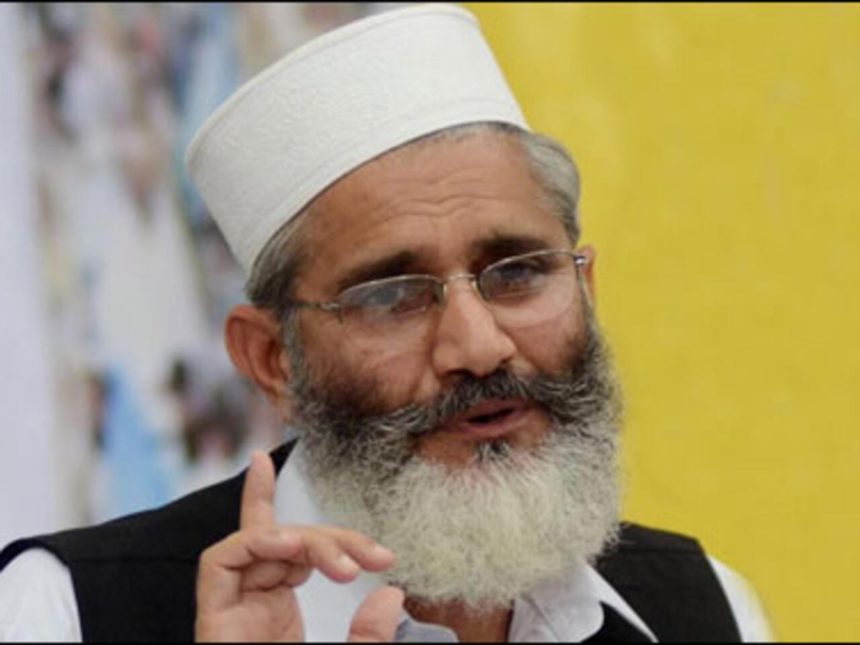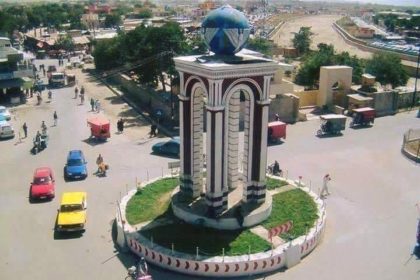RASC News Agency: After an extended span of more than two years marked by the sustained presence of the Taliban in Afghanistan, Siraj-ul-Haq, the leader of Jamaat-e-Islami Pakistan, unequivocally asserted during a diplomatic meeting with the Iranian Ambassador in Islamabad that the resurgence of the Taliban in Afghanistan bore the fingerprints of orchestrated intervention by the United States. The extensive exchange of perspectives between Siraj-ul-Haq and Reza Amiri Moghadam, the Iranian Ambassador in Islamabad, took place yesterday, December 23rd, as reported by Iran’s Fars news agency.
The comprehensive report highlighted Siraj-ul-Haq’s explicit expression, placing the onus on Americans for the prevailing instability in Afghanistan and the concurrent promotion of insecurity in Pakistan. This Pakistani figure augmented the discourse by emphasizing that the United States, nearly two decades-long military presence in Afghanistan ostensibly aimed at counterterrorism, withdrew from the country more than two years ago. In the wake of the signing of the Doha Agreement, Afghanistan found itself forsaken, ushering in the resurgence of the Taliban—an assertion strongly reiterated by Siraj-ul-Haq. He continued to assert that America stands as the primary catalyst for the region’s multifaceted crises, affirming, “America is the root cause of the region’s crises, and its forces, regardless of their location, engender a source of challenges.”
This revelation synchronizes with the historical timeline of the Taliban’s reentry into Afghanistan two years ago, an epochal moment that saw the militant group seize control of the nation following the withdrawal of American forces. Pertinently, amidst this backdrop, terrorist incidents in Pakistan have experienced an alarming surge over the past two years. Pakistani authorities persistently attribute this escalation to the Taliban in Afghanistan—a claim that, in turn, has been consistently repudiated by the Taliban.






